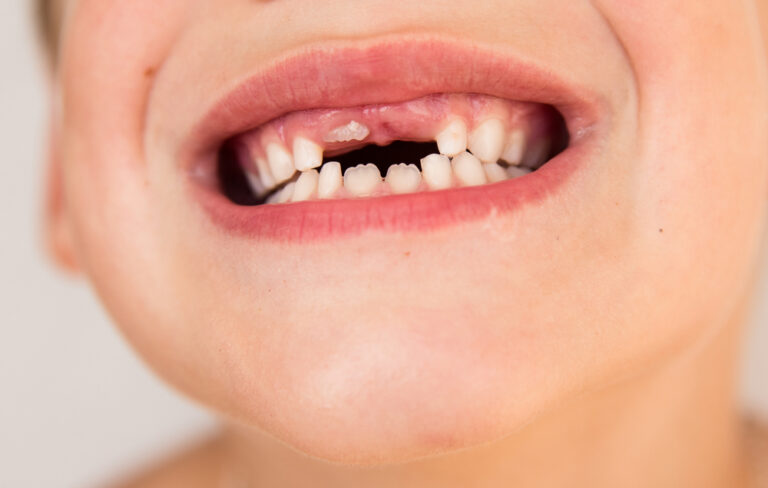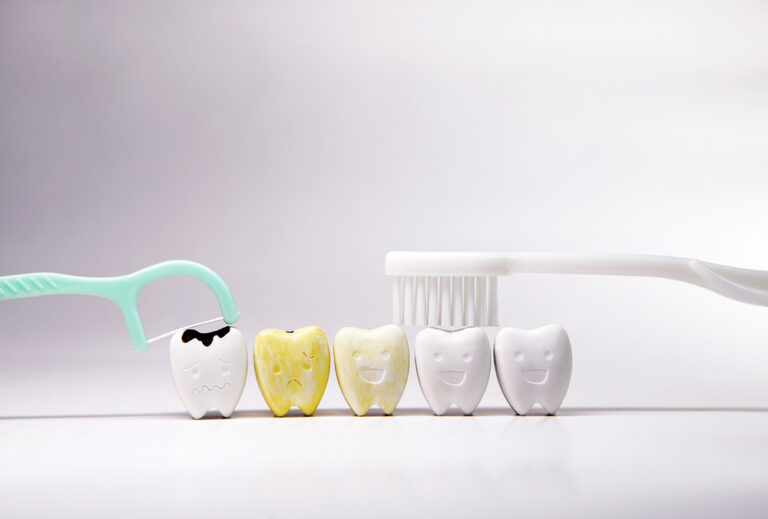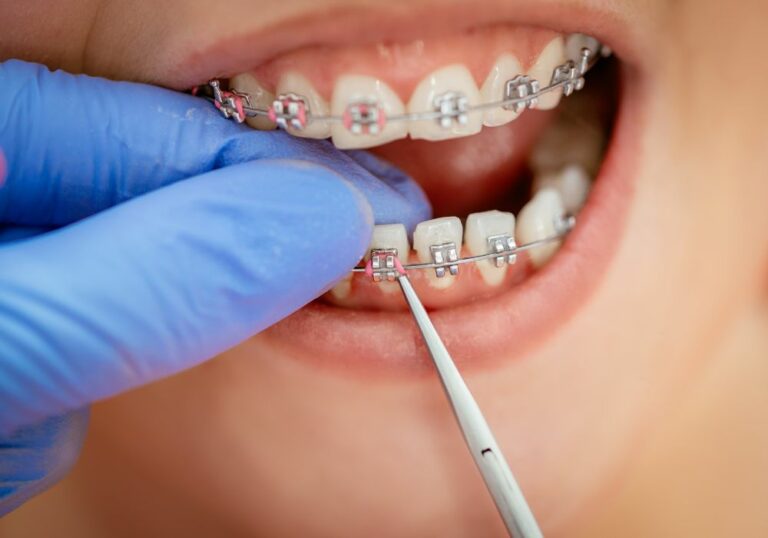Are you considering getting false teeth but wondering if they are worth it? False teeth, also known as dentures, are a dental prosthesis used to replace missing teeth. They can be a great solution for those who have lost teeth due to injury, decay, or other reasons. However, you may be wondering if the benefits of false teeth outweigh the potential drawbacks.
One of the main benefits of false teeth is that they can improve your ability to eat and speak. Missing teeth can make it difficult to chew certain foods and can also affect your speech. False teeth can help you regain these abilities and improve your overall quality of life. Additionally, false teeth can help prevent further damage to your remaining teeth and gums, as well as improve the appearance of your smile. However, false teeth do have some potential drawbacks that you should be aware of before making a decision.
Understanding False Teeth
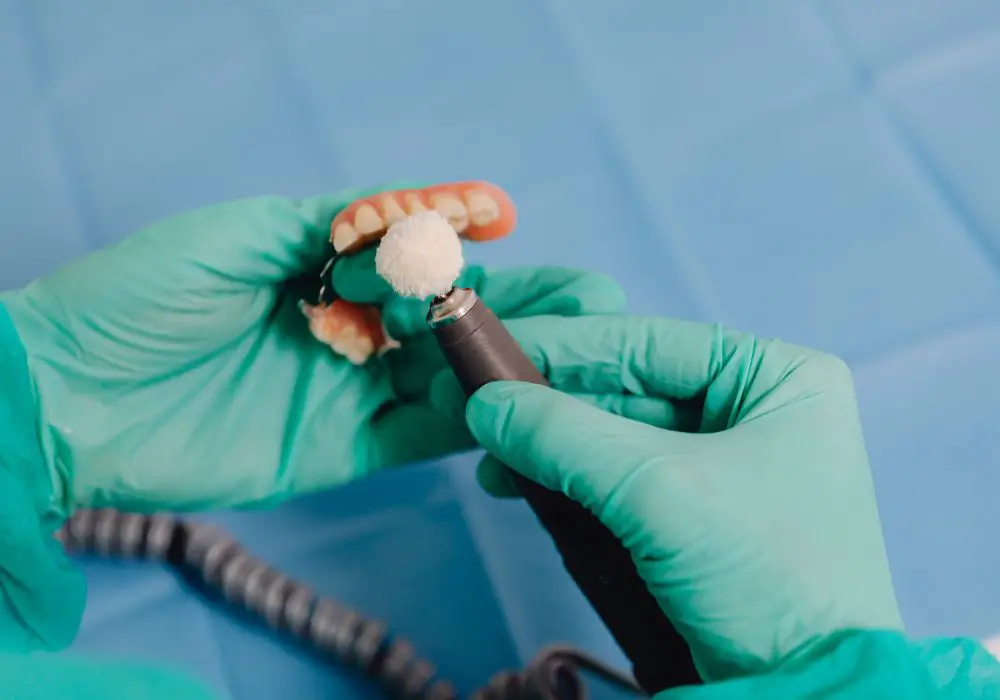
If you’re missing one or more teeth, false teeth, also known as dentures, can be a great solution to help you eat, speak, and smile confidently. False teeth are removable dental prosthetics that are custom-made to fit your mouth. They can be used to replace a few missing teeth or a full set of teeth.
False teeth come in different types, including complete dentures, partial dentures, and implant-supported dentures. Complete dentures are used when all teeth are missing, while partial dentures are used when some natural teeth remain. Implant-supported dentures are held in place by dental implants, which are surgically placed into the jawbone.
False teeth are made of different materials, including acrylic, nylon, and metal. Acrylic is the most common material used for false teeth because it’s lightweight, durable, and easy to adjust. Nylon is a newer material that’s more flexible and comfortable than acrylic. Metal is used for the framework of partial dentures, as it’s strong and durable.
Getting false teeth requires several appointments with your dentist. During the first appointment, your dentist will take impressions of your mouth to create a mold of your teeth. This mold is used to create a wax model of your dentures, which is then used to create the final dentures. Your dentist will make adjustments to ensure a comfortable fit.
False teeth require proper care to ensure they last long and fit well. You should clean your false teeth daily with a soft-bristled brush and denture cleaner. Avoid using regular toothpaste, which can be too abrasive and damage your false teeth. When you’re not wearing your false teeth, store them in a clean, dry place.
Overall, false teeth can be a great solution for missing teeth, but they require proper care and maintenance. Talk to your dentist to determine if false teeth are right for you.
Pros of Using False Teeth
If you are considering getting false teeth, there are several benefits that you should keep in mind. Here are some of the pros of using false teeth:
Aesthetics
One of the most obvious benefits of false teeth is that they can improve the appearance of your smile. Missing teeth can cause embarrassment and self-consciousness, but with false teeth, you can restore your smile and confidence. False teeth are designed to look like natural teeth, so no one will be able to tell that you are wearing them.
Functionality
False teeth can also improve your ability to eat and speak. Missing teeth can make it difficult to chew certain foods or speak clearly, but with false teeth, you can enjoy your favorite foods and communicate with ease. Additionally, false teeth can help to maintain the structure of your face, preventing the sunken-in appearance that can occur when teeth are missing.
Affordability
Compared to other tooth replacement options such as dental implants, false teeth are generally more affordable. While the cost of false teeth can vary depending on the type and materials used, they are often a more cost-effective option for those on a budget. Additionally, many dental insurance plans cover the cost of false teeth, making them even more accessible.
Overall, false teeth can be a great option for those who are missing teeth. They can improve the appearance of your smile, enhance your ability to eat and speak, and are often more affordable than other tooth replacement options. If you are considering false teeth, be sure to talk to your dentist to determine if they are the right choice for you.
Cons of Using False Teeth
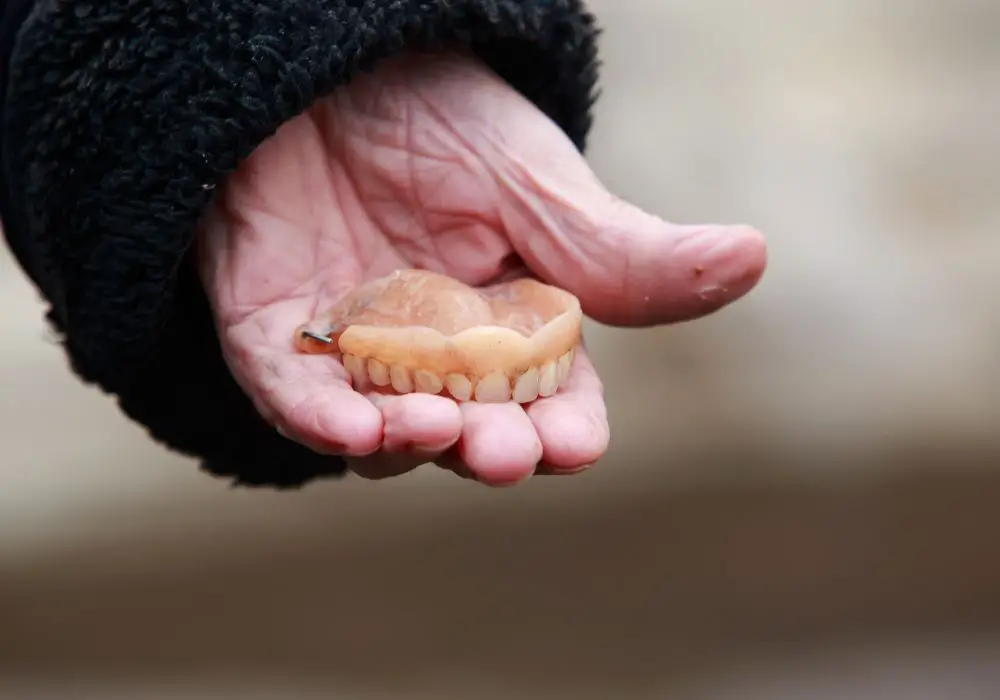
While false teeth offer several benefits, they also have some drawbacks that you should consider before deciding whether or not to get them. Here are some potential cons of using false teeth:
Adjustment Period
It can take some time to get used to wearing false teeth. Initially, you may experience some discomfort and difficulty speaking or eating. It’s important to be patient and give yourself time to adjust. You may need to practice speaking or eating with your false teeth in place. Some people find it helpful to start with soft foods and gradually work their way up to harder foods.
Maintenance
False teeth require regular cleaning and maintenance to keep them in good condition. You will need to clean your false teeth daily to prevent plaque buildup and odors. You may also need to soak your false teeth in a cleaning solution overnight. Additionally, you will need to visit your dentist regularly to have your false teeth checked and adjusted as needed.
Potential Discomfort
False teeth can sometimes slip or move around in your mouth, causing discomfort or speech impediments. They may also cause sore spots or irritation in your mouth. If your false teeth are not properly fitted, they may cause pain or discomfort in your gums or jaw.
In summary, false teeth can be a good option for people who have lost some or all of their teeth. However, they do have some potential drawbacks, including an adjustment period, maintenance requirements, and potential discomfort. It’s important to weigh the pros and cons carefully before deciding whether or not to get false teeth.
Alternatives to False Teeth
If you’re considering false teeth, also known as dentures, but aren’t sure if they’re the right choice for you, there are other alternatives to consider. Here are two popular options:
Dental Implants
Dental implants are a popular alternative to dentures. They are surgically placed into the jawbone and act as a replacement for the root of a missing tooth. Once the implant is in place, a crown or bridge can be attached to it to replace the missing tooth or teeth.
Dental implants have several benefits over dentures. They look and feel like natural teeth, and they don’t need to be removed for cleaning. They also help maintain the structure of your jawbone, which can deteriorate over time with missing teeth.
However, dental implants can be more expensive than dentures, and the procedure can take several months to complete. Additionally, not everyone is a good candidate for dental implants. Your dentist can help you determine if they’re the right choice for you.
Bridges
Dental bridges are another alternative to dentures. They are used to replace one or more missing teeth by attaching a false tooth to the adjacent teeth with crowns. Bridges can be made from a variety of materials, including porcelain and metal.
Bridges are a good option if you have healthy teeth on either side of the gap where the missing tooth is. They can be more comfortable and stable than dentures, and they don’t need to be removed for cleaning.
However, bridges require healthy teeth to be ground down to support the crowns, and they may need to be replaced every 5-15 years. They can also be more expensive than dentures, but less expensive than dental implants.
Ultimately, the best alternative to dentures for you will depend on your individual needs and preferences. Talk to your dentist to determine which option is right for you.
Making the Decision: Personal Factors
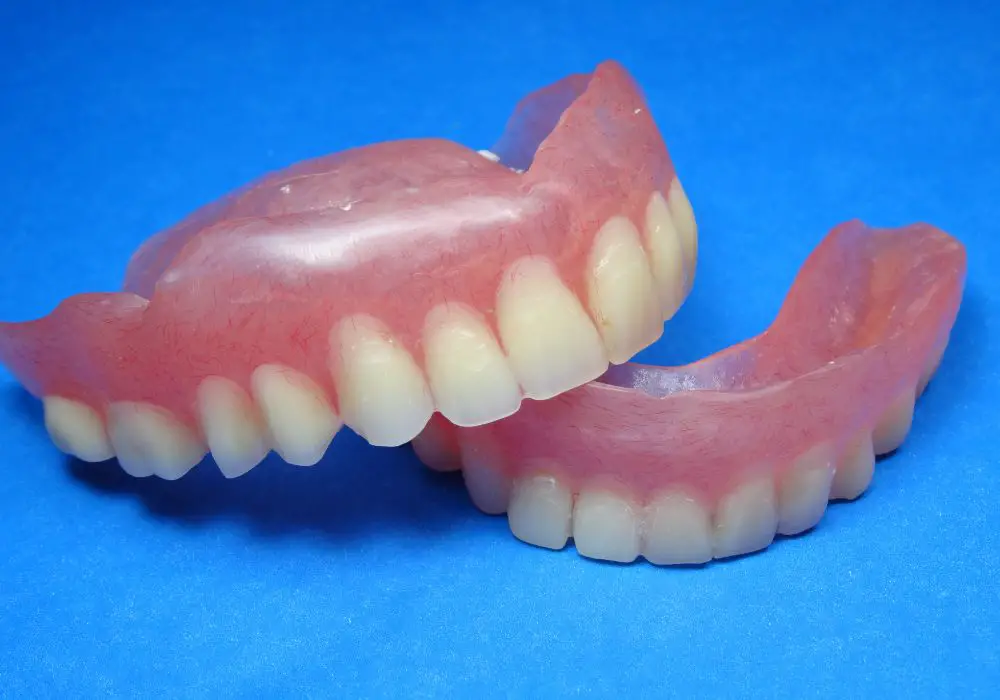
When deciding whether false teeth are worth it for you, there are several personal factors to consider. These factors include your health condition, budget, and lifestyle.
Health Condition
Your health condition is an important factor to consider when deciding whether false teeth are worth it. If you have lost teeth due to an injury or a medical condition, such as gum disease, you may need false teeth to improve your oral health and overall well-being. However, if you have good oral health and only need to replace one or two missing teeth, false teeth may not be the best option.
Budget
Your budget is another important factor to consider when deciding whether false teeth are worth it. False teeth can be expensive, and the cost can vary depending on the type of false teeth you choose. For example, dentures are generally less expensive than dental implants. Before making a decision, it’s important to consider your budget and determine what you can afford.
Lifestyle
Your lifestyle is also an important factor to consider when deciding whether false teeth are worth it. If you lead an active lifestyle and participate in sports or other physical activities, you may need false teeth that are more durable and can withstand impact. On the other hand, if you have a more sedentary lifestyle, you may not need false teeth that are as durable.
Overall, when deciding whether false teeth are worth it, it’s important to consider your personal factors, including your health condition, budget, and lifestyle. By taking these factors into account, you can make an informed decision that is right for you.
Frequently Asked Questions
Are dentures a good option for missing teeth?
If you’re missing one or more teeth, dentures can be a good option for restoring your smile and improving your ability to chew and speak. Dentures are removable prosthetic devices that can be customized to fit your mouth. They can be used to replace a few teeth or a full arch of teeth, depending on your needs.
What are the benefits of dentures over implants?
Dentures are typically less expensive than dental implants, and they can be a good option if you have multiple missing teeth or if you have significant bone loss in your jaw. Dentures can also be a good option if you have medical conditions that make surgery difficult or if you’re not a good candidate for dental implants.
What are the disadvantages of full dentures?
Full dentures can take some time to get used to, and they may feel uncomfortable or loose at first. They can also make it difficult to eat certain foods, and they may affect your ability to taste or speak. In addition, dentures can become stained or discolored over time, and they may need to be replaced periodically.
What is the cost of permanent fake teeth?
The cost of permanent fake teeth can vary depending on the type of denture you choose, as well as the materials used and the complexity of the treatment. Full dentures can cost anywhere from $1,000 to $3,000 per arch, while implant-supported dentures can cost upwards of $10,000.
What are the advantages and disadvantages of dentures?
The main advantages of dentures are that they can improve your ability to chew and speak, and they can restore your smile. They are also less invasive than dental implants and can be a good option if you have medical conditions that make surgery difficult. The main disadvantages of dentures are that they can be uncomfortable or loose, and they may affect your ability to eat certain foods or speak clearly.
What is the downside to having dentures?
The main downside to having dentures is that they are not as stable as natural teeth or dental implants. This can make it difficult to eat certain foods, and it may affect your speech. In addition, dentures can become stained or discolored over time, and they may need to be replaced periodically.

